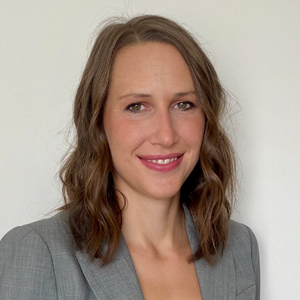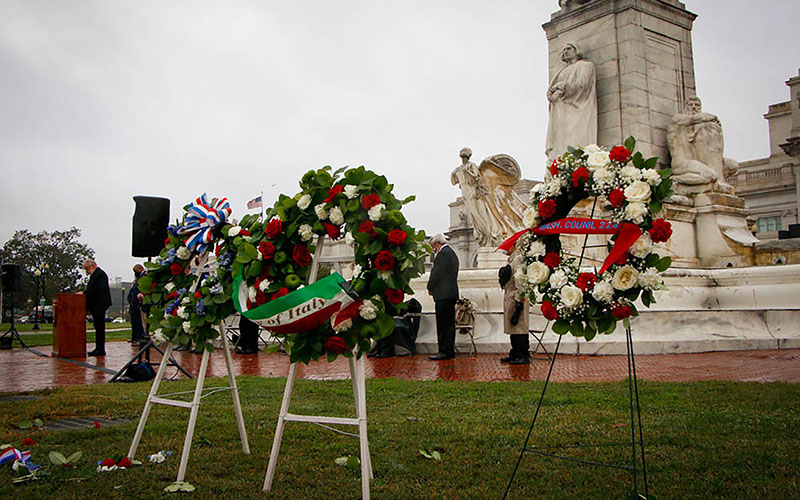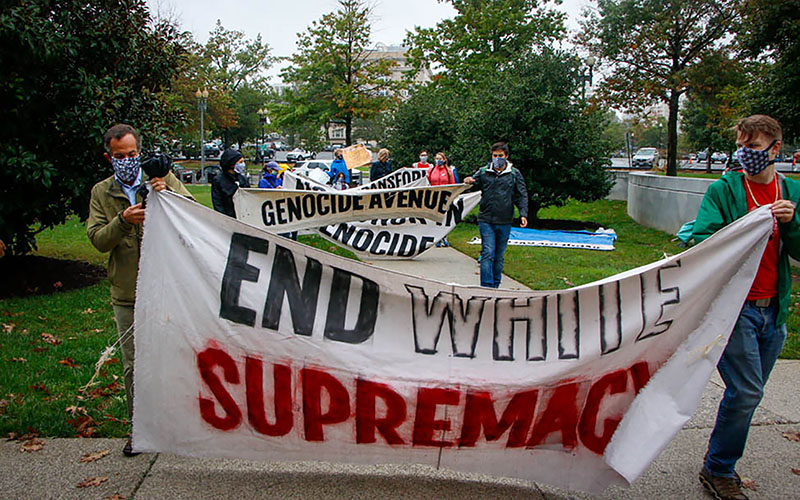WASHINGTON – Native Americans in Arizona finally celebrated Indigenous Peoples’ Day as an official state holiday Monday – but it was a win with an asterisk.
After years of advocacy by tribal groups, Gov. Doug Ducey last month signed a proclamation making Oct. 12, 2020, a joint celebration of both Indigenous Peoples’ Day and Columbus Day, but just for this year.
“I’ve been working on this for years now and so when the governor signed the proclamation, … we were all taken aback,” said state Sen. Jamescita Peshlakai, D-Cameron, who first introduced a bill to replace Columbus Day with Indigenous Peoples’ Day in 2013.
“And so we’re surprised and we’re very thankful,” she said, calling it a “step towards making it an official state forever holiday.”
Peshlakai said she will use the momentum and reintroduce her bill in January to make the change permanent – and do away with Columbus Day. “We’re in it for the long haul,” she said.
While the Knights of Columbus would support a joint celebration, doing away with Columbus Day would be a mistake, said Arizona State Deputy Mario Vassallo in a statement.
“Instead, we ask that all local and state government leaders take on an honest and thorough examination of Columbus (vision, voyage, struggles, achievements),” Vassallo’s statement said. “When they do, they will find that he was not at Wounded Knee or the Trail of Tears.”
The national Knights of Columbus still looks at its namesake with pride, noting in a press release last week that the name of the Catholic group was chosen “in a time when anti-Catholic and anti-immigrant feeling ran rampant.”
“The American public embraced this famous explorer,” the release said, charging that Columbus Day opponents “look to make Columbus responsible for all the atrocities against Native Americans.”
Peshlakai, who studied history, disagreed. She said the idea of Indigenous Peoples’ Day is to acknowledge the negative history and move past it, to “change your perspective .. and wear the indigenous people’s moccasins.” She called it a chance to educate people about history and share her culture.
“I’m not running around tearing down statues,” Peshlakai said. But “if those statues are up, then the truth needs to be placed at the base of the statue.”
For the last two years, Peshlakai has had the help of Dylan Baca, 18, a senior at Blue Ridge High School, who is founder and president of the Indigenous Peoples’ Initiative, a youth-led group that aims to combat negative stereotypes. Baca said it’s not appropriate to share the holiday with Christopher Columbus because the commonly told version of the explorer’s life is romanticized, inaccurate and harms Native people.
In a proclamation Friday honoring Columbus Day, however, President Donald Trump blamed the movement to do away with the federal holiday on “radical activists” who have “sought to undermine Christopher Columbus’s legacy” and “squash any dissent from their orthodoxy.”
But Baca said the day should not be divisive but should be a bipartisan unifier.
“This narrative that it’s not patriotic to have an accurate history is inflammatory,” he said. “The message needs to be that it is an act of patriotism to have accurate representation of history – it should strengthen us and embolden us.”
Baca said changing the holiday won’t solve everything, but will be a “conversation starter.” Children should grow up with a “more accurate and positive narrative” about Native Americans.
Peshlakai and Baca both said the Indigenous Peoples’ Day movement has been slowly gaining steam, and that the Black Lives Matter movement brought Indigenous Peoples’ Day to the forefront this year.
“Our brothers and sisters of color … understand that other people of color are experiencing the same thing, but not so visibly,” Peshlakai said.
If Peshlakai is successful, Arizona will join at least 13 states and the District of Columbia that celebrate Indigenous Peoples’ Day instead of or alongside Columbus Day. South Dakota started the movement when it began celebrating Native American Heritage Day in 1990, but most states made the change over the last decade.
In many states, local governments led the way: Phoenix adopted Indigenous Peoples’ Day in 2016 and Flagstaff in 2018.
“Thank goodness for small towns and mayors and city councils … in various off-reservation sites and communities that have renamed Columbus Day, or have proclaimed Columbus Day and Indigenous Peoples’ Day,” Peshlakai said.
A federal bill to recognize Indigenous Peoples’ Day was introduced last October by Rep. Norma Torres, D-Calif., but failed to get a hearing. Torres last week introduced a measure calling for Indigenous Peoples’ Day to replace Columbus Day.
Peshlakai said the move is overdue.
“There are over 500 tribes in the U.S. but we have no one holiday to call our own,” she said. “Every square inch of the United States is indigenous lands and people choose to ignore it and it’s easy to ignore it because it’s not taught.”



